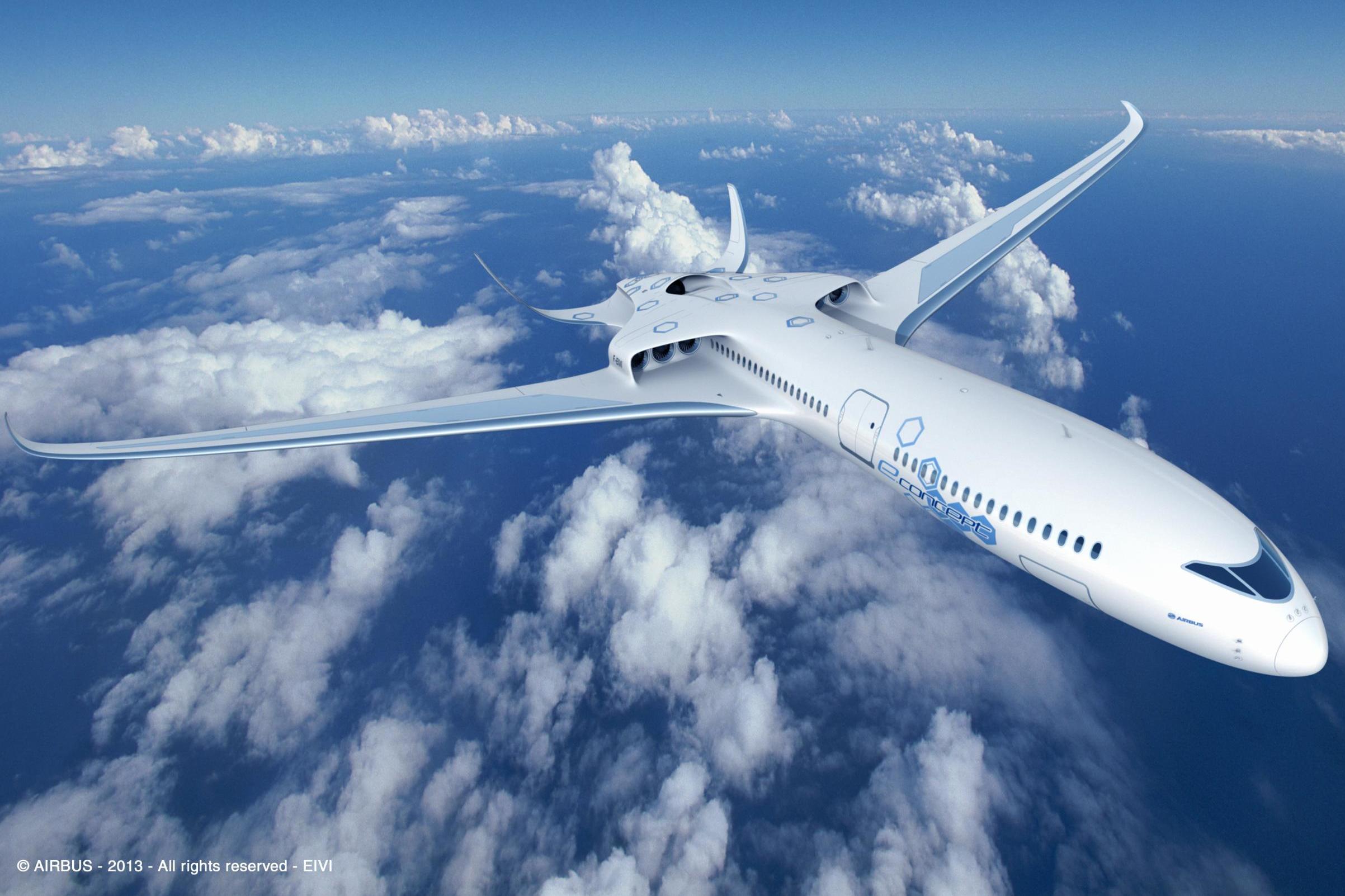Decarbonising air travel: why advocates of green flying are whistling in the wind
Analysis: A new report argues that measures must be taken to clean up air travel, even if they lead to soaring travel prices. Simon Calder doubts whether any government would take such an unpopular step


Flying somewhere? For your inflight reading, I would commend to you the Roadmap to Decarbonising European Aviation.
This policy paper, produced by the European Federation for Transport and Environment, presents blue-sky thinking on how to reduce carbon emissions from aviation. By deploying prodigious quantities of renewable electricity to create a fuel usable by current jet engines, the soaring impact of aviation can be curtailed.
The formidable analysis of the scale of the problem, the possible solution and the costs involved, takes about three hours to read thoroughly – conveniently the airborne time for the flight from the UK to my present location in Greece.
By the time I landed, I had been able to conclude that the researchers have produced an excellent theoretical document. But they are whistling in the high-altitude wind if they believe that the UK, Europe and the rest of the world will pay it more than lip service.
While their wish-list is admirably optimistic, it has about as much chance of coming about as the Ryanair boss, Michael O’Leary, deciding to jack in aviation and start running Irish Rail.
The most fundamental assumption is this: “Our forecasting envisages a situation where governments adopt an ambitious range of measures to encourage both new designs and their deployment.”
European lawmakers want to be re-elected, which is why so little action on aviation emissions has taken place. What leader wants to increase the cost of holidays for their long-suffering electorate?
So far exactly one EU nation has imposed such a tax on flights within its territory: the Netherlands, which has exactly zero domestic flights
While the UK’s Air Passenger Duty (APD) has occasionally been portrayed as an environment levy, in reality it is simply an extremely effective way to boost tax revenue: APD costs almost nothing to collect, and half the people who pay it don’t vote in Britain.
The document bemoans the lack of taxation of jet fuel across the world, saying: “Artificially cheap tickets through tax exemptions and through government subsidies have propped up and propelled the industry.”
There is certainly a strong case for the current tax-free status of kerosene to end. But Europe already has the legislation in place for that to happen, at least on internal flights.
The Energy Taxation Directive permits taxation of kerosene for domestic aviation. So far exactly one EU nation has imposed such a tax on flights within its territory: the Netherlands, which has exactly zero domestic flights.

The UK, Germany, France, Spain, Sweden and Finland – big countries with lots of domestic flying – keep aviation fuel tax-free.
Europe could make aviation much more efficient and less harmful at a stroke by implementing the “single European sky” project: removing national boundaries from air-traffic control, allowing better use of the skies through straighter trajectories, and boosting safety. But foot-dragging governments, unwilling to upset air-traffic controllers, prefer to force airlines to burn far more fuel than they need.
Substitution – persuading travellers to switch from plane to train – is another dimension to the solution, and the paper rightly calls for “greater competition in the rail sector in order to improve performance and drive down operating costs and fares”. Once again, many national governments are averse to such a shake-up, despite the benefits it would bring.
Indeed, OPEC (the intergovernmental organisation of oil-exporting nations) has done much more to bring about fuel efficiency than any European government. The higher the oil cartel pushes prices, the more aggressive airlines and planemakers become about fuel economy.
Ryanair fills an average of 96 per cent of the seats on its jets, a historically high “load factor” that makes the per-passenger environmental impact significantly less than on traditional airlines. Next spring, the airline takes delivery of 737MAX aircraft, which have eight more seats but use one-sixth less fuel.
The ferociously competitive aviation industry is extremely focused on ever-greater efficiency. One day electric planes using batteries with much higher energy density than currently available, should lighten the mighty carbon footprint – and noise pollution – created by airline passengers. But electrofuel is not an enticing pathway for the governments that we elect.
Join our commenting forum
Join thought-provoking conversations, follow other Independent readers and see their replies
Comments